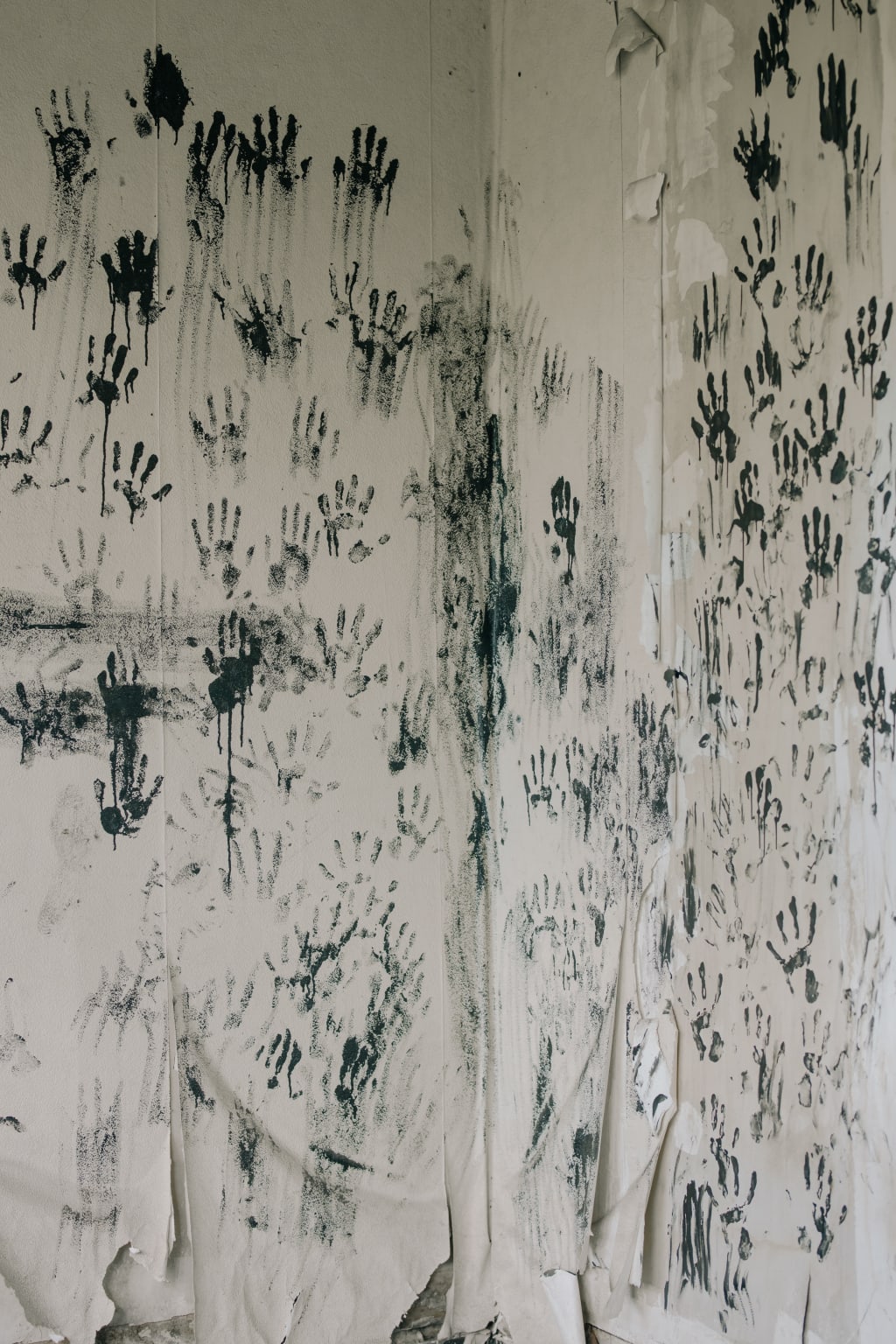"Exploring the Depths of Fear: The Power of Psychological Horror"
How Psychological Horror Plays on Our Deepest Fears and Anxieties to Challenge Our Perceptions of Reality

Psychological horror is a genre of horror that is designed to play on our deepest fears and anxieties. It differs from other horror genres in that it focuses more on the psychological aspects of fear rather than physical ones. It is often characterized by a slow buildup of tension and suspense, a sense of dread, and an exploration of the human mind and its vulnerabilities.
One of the key elements of psychological horror is the fear of the unknown. This fear is rooted in our natural tendency to be afraid of things we do not understand or cannot see. In psychological horror, this fear is often used to create a sense of mystery and uncertainty, leaving the audience to imagine what might be lurking in the shadows.
Another common element of psychological horror is the fear of losing one's mind. This fear is based on the idea that our own thoughts and perceptions can be manipulated or distorted, leading us to question our own sanity. In psychological horror, this fear is often used to create a sense of unease and confusion, as the characters are forced to confront their own inner demons and the possibility that they may not be in control of their own thoughts and actions.
The fear of being trapped is another common element of psychological horror. This fear is based on the idea that we are powerless to escape from a dangerous situation, leading us to feel trapped and helpless. In psychological horror, this fear is often used to create a sense of claustrophobia and confinement, as the characters are forced to confront their own mortality and the possibility that they may never escape from the horror that surrounds them.
One of the most effective ways to create psychological horror is through the use of atmosphere and setting. By creating a dark and foreboding atmosphere, the audience is drawn into the world of the characters, and the tension and suspense are heightened. This can be achieved through the use of lighting, sound effects, and camera angles, as well as through the use of location and setting.
The use of psychological horror in literature and film has a long and storied history. Some of the most famous examples of psychological horror include the works of Edgar Allan Poe, such as "The Tell-Tale Heart" and "The Raven," as well as films like "Psycho," "The Shining," and "Silence of the Lambs." These works have become classics of the genre, and they continue to inspire new generations of writers and filmmakers.
In recent years, psychological horror has experienced a resurgence in popularity, thanks in part to the success of films like "Get Out" and "Hereditary." These films have been praised for their ability to create a sense of unease and discomfort in the audience, and they have been hailed as some of the best examples of psychological horror in recent years.
One of the reasons that psychological horror is so effective is that it taps into our deepest fears and anxieties. It forces us to confront the things that scare us the most, and it does so in a way that is both unsettling and thought-provoking. By exploring the darkest corners of the human mind, psychological horror has the power to challenge our perceptions of reality and to make us question our own sanity.
In conclusion, psychological horror is a genre of horror that is designed to play on our deepest fears and anxieties. By focusing on the psychological aspects of fear, it creates a sense of unease and discomfort in the audience, and it challenges our perceptions of reality. Whether in literature or film, psychological horror has a long and storied history, and it continues to be a popular and effective way to scare audiences.
Psychological horror can also be used to explore deeper themes and issues. For example, the fear of the unknown can be used to explore themes of existentialism and the human condition. By confronting the unknown, the characters are forced to confront their own mortality and the limitations of their existence. This can lead to a deeper understanding of what it means to be human and the role that fear plays in our lives.
Similarly, the fear of losing one's mind can be used to explore themes of identity and self-discovery. By forcing the characters to question their own perceptions of reality, psychological horror can be used to explore the nature of the self and the role that perception plays
The fear of being trapped can also be used to explore themes of power and control. By placing the characters in a situation where they are powerless to escape, psychological horror can be used to explore the nature of power and the ways in which it can be abused.
One of the most interesting aspects of psychological horror is the way in which it can be used to subvert expectations. By playing with the audience's perceptions and assumptions, psychological horror can create a sense of unease and discomfort that is both surprising and unsettling. This can lead to a deeper engagement with the story and the characters, as the audience is forced to question their own understanding of the world around them.
Ultimately, psychological horror is a genre that is both challenging and rewarding. By exploring the darkest corners of the human mind, it has the power to scare and unsettle us, but it also has the power to inspire and enlighten us. Whether in literature or film, psychological horror is a genre that will continue to captivate audiences for generations to come.






Comments
There are no comments for this story
Be the first to respond and start the conversation.